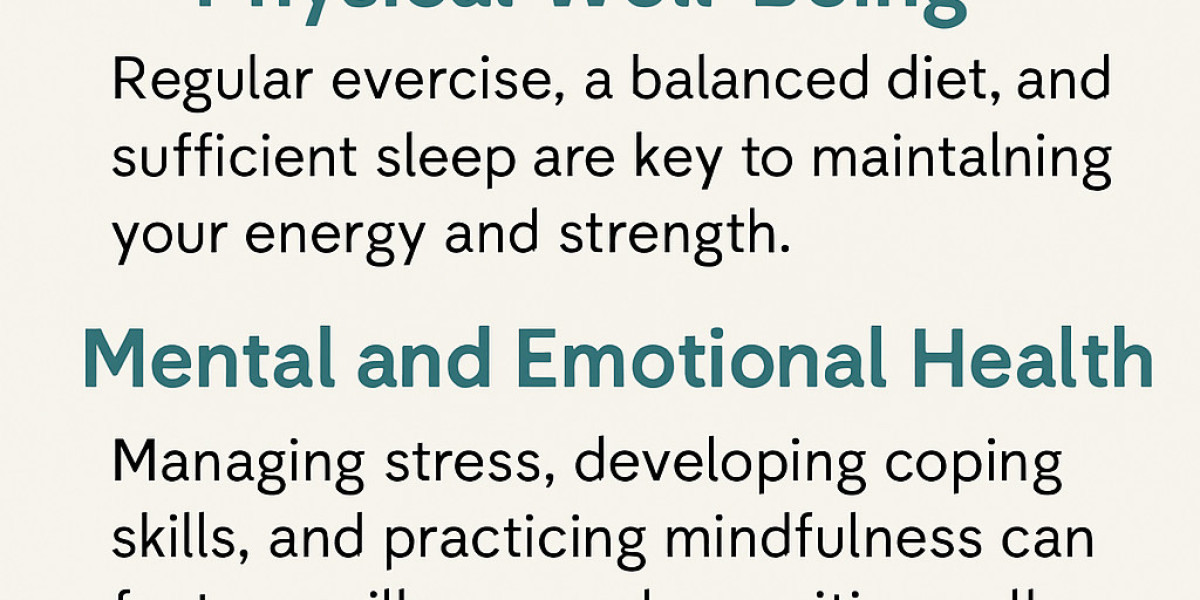As long as it works smoothly, we rarely pay attention to it. But when something goes wrong, like with a gastrointestinal (GI) disease, it can disturb everything.
Gastrointestinal diseases are conditions that affect your stomach, intestines, or other parts of the digestive tract. Knowing the symptoms early can help you get the right care before things get worse.
In this blog, a leading gastroenterologist in Gurgaon shares key insights into the signs and symptoms of gastrointestinal diseases
Constant Stomach Pain or Discomfort
It’s normal to experience gas or bloating once in a while, especially after eating a heavy meal. But if you are dealing with frequent stomach pain, cramps, or a burning sensation, it could be a sign of an underlying issue like gastritis, ulcers, or irritable bowel syndrome (IBS). Pain that returns regularly, especially after eating or during the night, should not be ignored.
Bloating and Excessive Gas
Feeling unusually full, tight, or gassy after meals? These gastroenterology symptoms may be caused by food intolerances, bacterial overgrowth, or chronic conditions like IBS. If bloating becomes a daily issue or affects your quality of life, it is time to consult a gastro doctor near you.
Changes in Bowel Habits
Changes in bowel movements can be an indicator of gastrointestinal diseases. Some warning signs include
● Constipation
● Diarrhea
● Alternating between constipation and diarrhea
● Unusual stool color or texture, such as black, red, pale, or greasy stools
These changes could point to infections, inflammation, or more serious conditions like inflammatory bowel disease (IBD) or colon cancer.
Unexplained Weight Loss
Losing weight without trying can be concerning. Gastrointestinal diseases like Crohn’s disease, celiac disease, or stomach ulcers can prevent your body from absorbing nutrients properly, leading to weight loss, weakness, and fatigue. If your clothes feel looser and you have not changed your eating habits, take notice.
Nausea and Vomiting
Periodic nausea might come from something you ate, but frequent nausea or vomiting without a clear reason may signal digestive issues. Gastrointestinal disease like acid reflux, ulcers, gallbladder disease, or even blockages in the digestive tract could be responsible. It is best not to self-diagnose and seek a proper evaluation.
Heartburn or Acid Reflux
A burning feeling in your chest or throat after meals might be acid reflux. If this happens more than twice a week, it could be gastroesophageal reflux disease (GERD). Over time, GERD can damage the esophagus and lead to complications if not treated.
Fatigue or Weakness
Poor digestion affects nutrient absorption, which means your body may not be getting enough iron, vitamin B12, or other essentials. This can lead to constant tiredness, low energy, and even anemia. If you feel lazy despite eating well and sleeping enough, it might be linked to your gut.
When to See a Doctor
Don’t ignore ongoing digestive symptoms. Many GI conditions are manageable or treatable, especially when diagnosed early. If your symptoms last more than a few days or keep returning, it is best to consult a gastroenterologist.
Conclusion
Your gut health matters more than you think. If you are dealing with ongoing digestive discomfort, don’t just brush it off, consult a gastroenterologist near you for compassionate care to help you feel better, faster.








